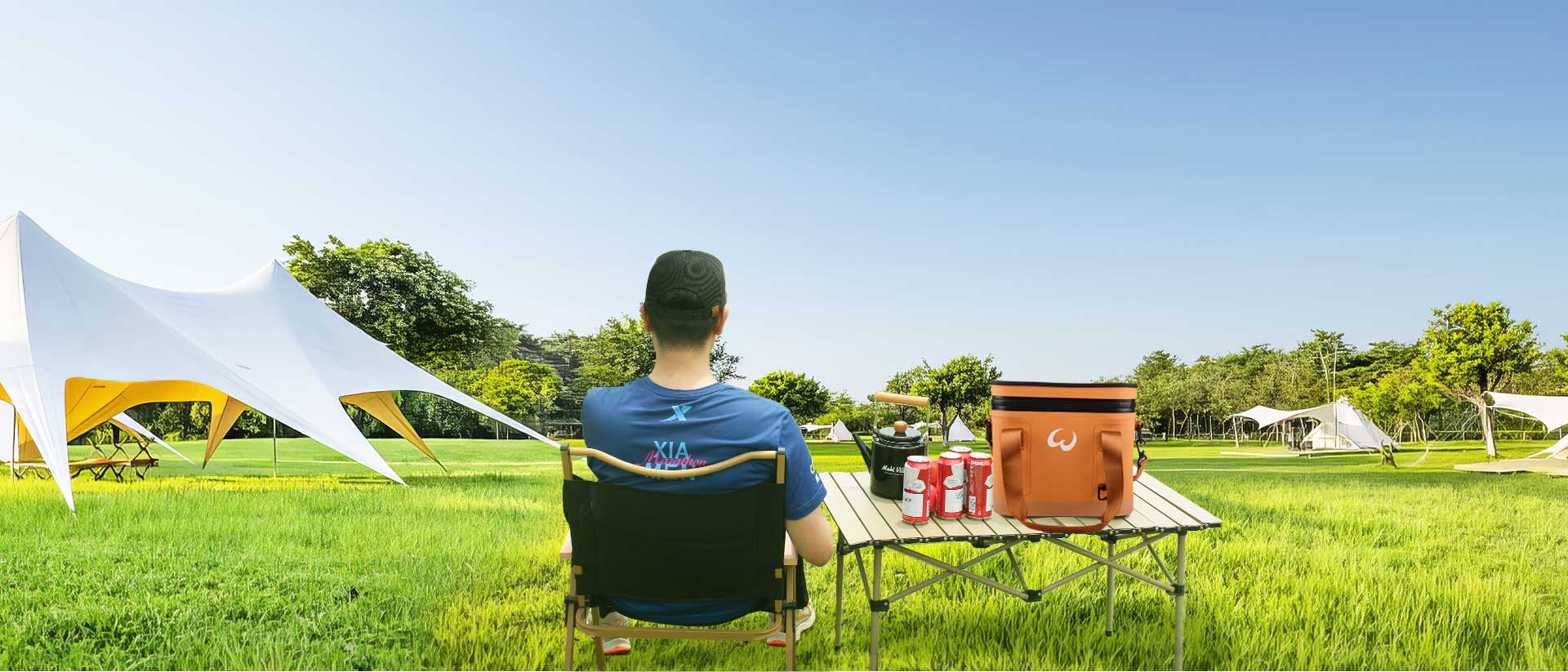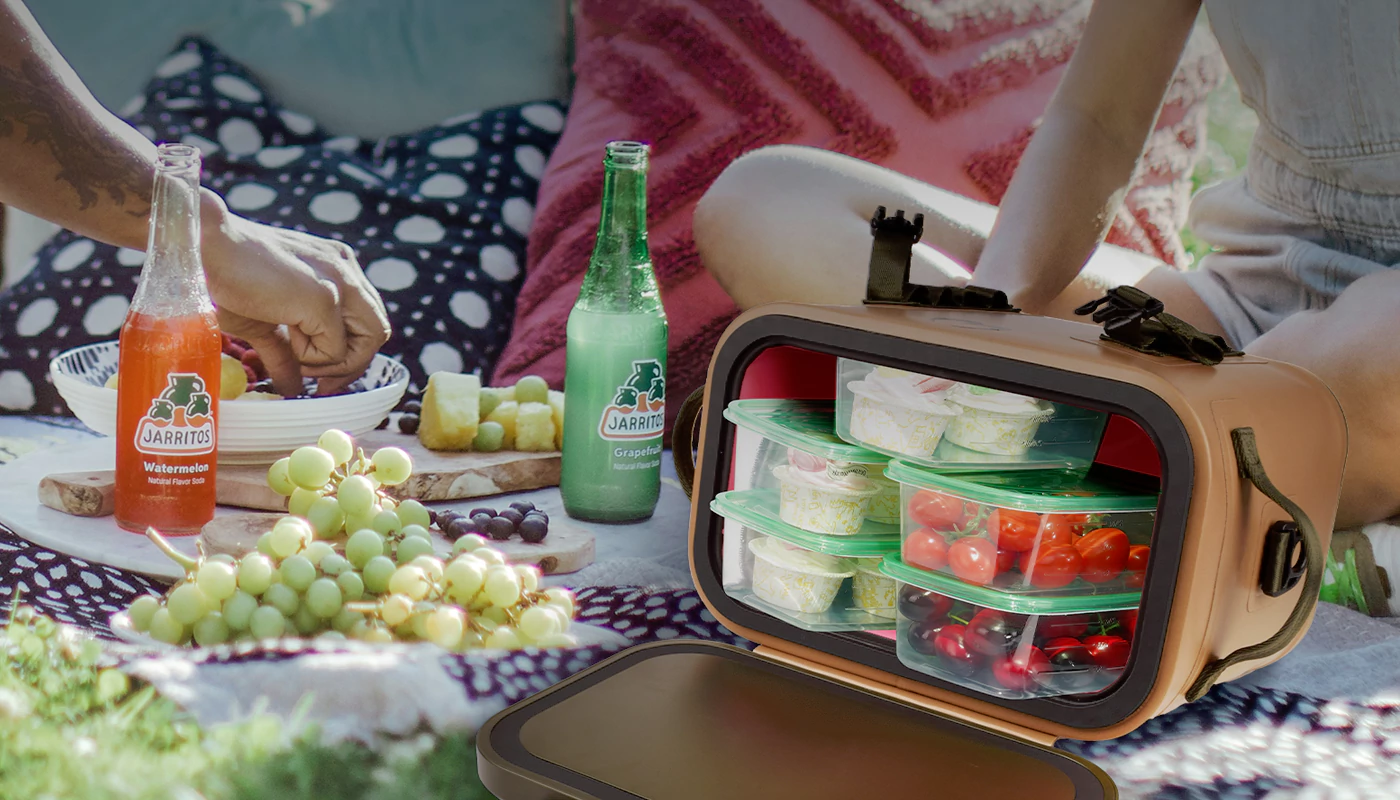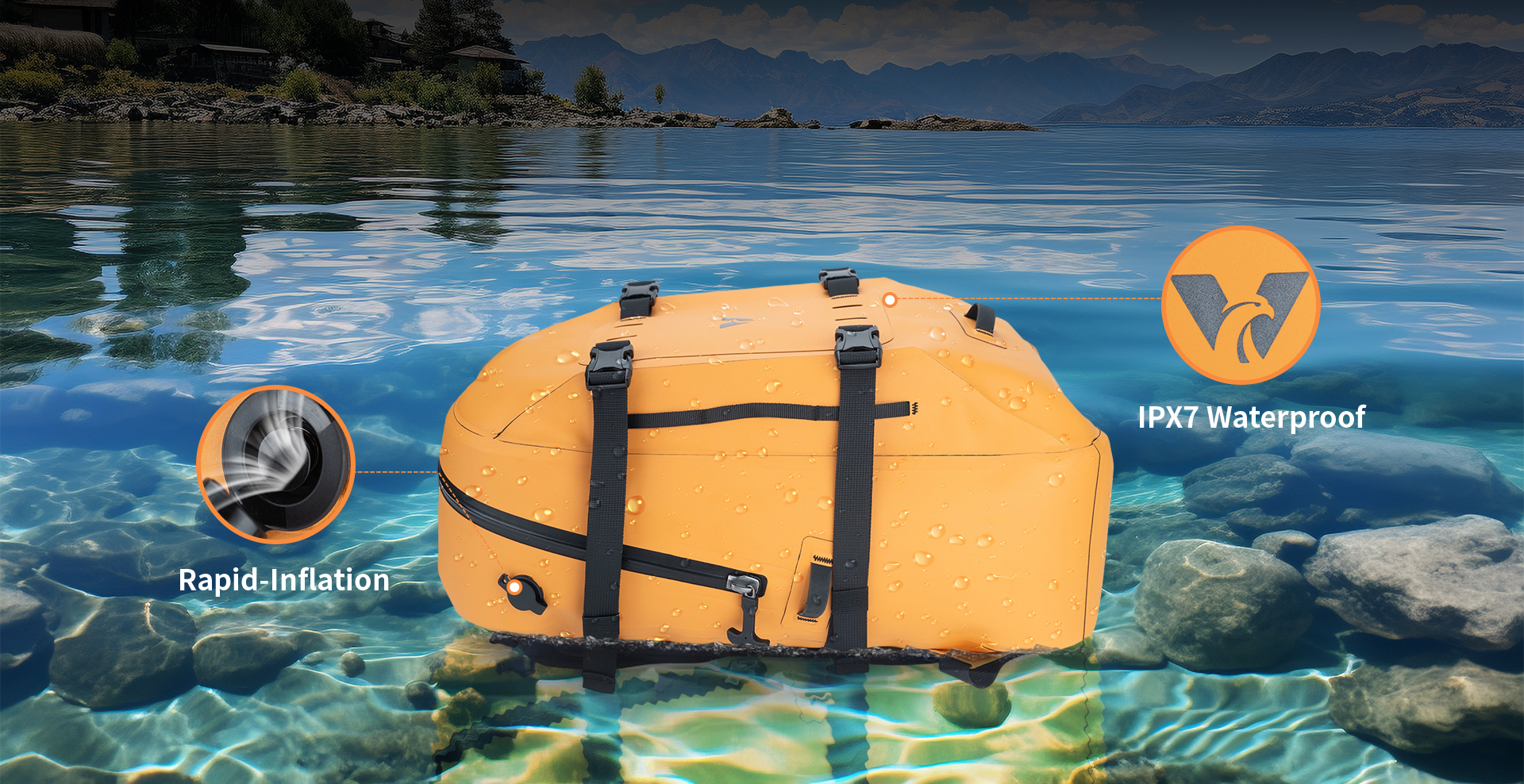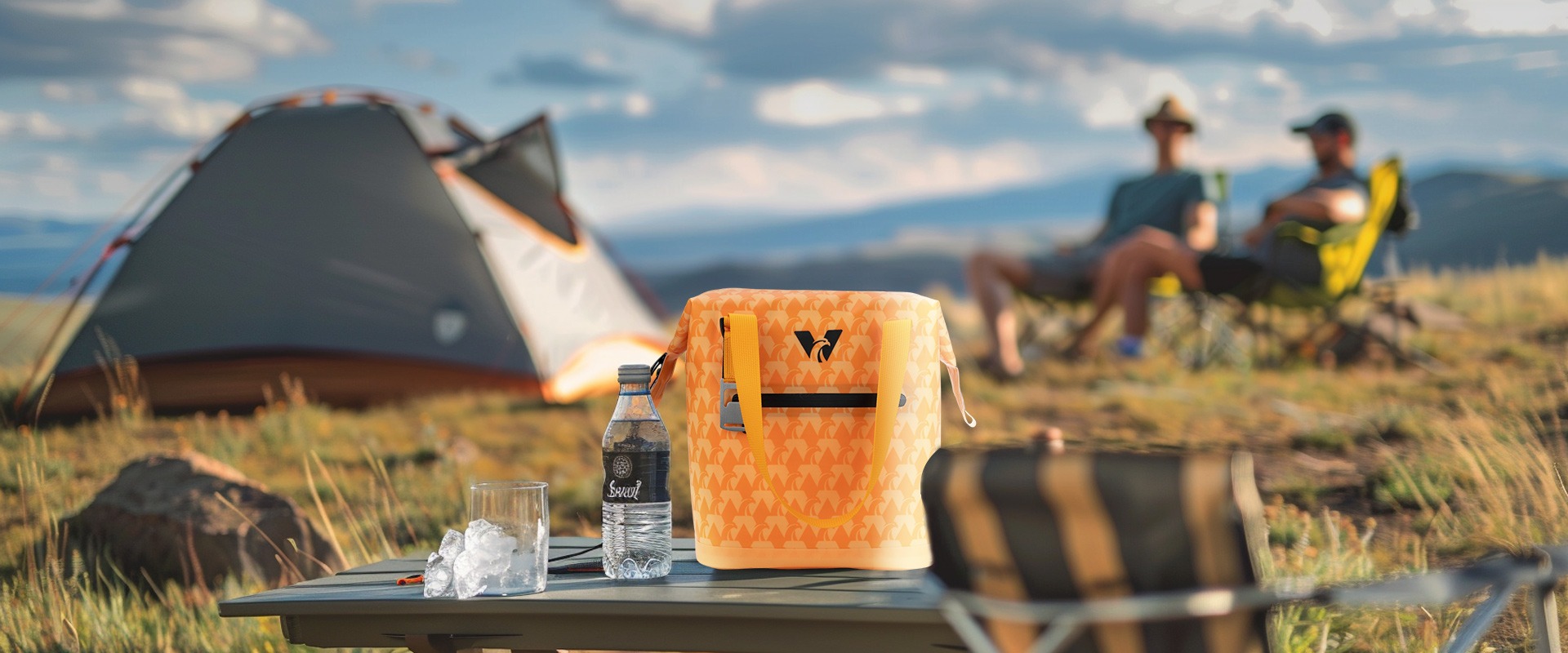In the competitive landscape of corporate procurement, securing a reliable sea bag bulk order is not just about volume—it’s about aligning with a supplier that understands the intricacies of B2B operations. For procurement managers and brand customizers, the stakes are high: delays, quality inconsistencies, or compliance issues can disrupt supply chains and erode brand credibility. This article delves into the core considerations for optimizing bulk order sea bags, drawing on industry-specific insights to address common pain points. As a seasoned manufacturer, Weierken has supported numerous clients in navigating these challenges, ensuring seamless integration of custom solutions into their business models. Whether you’re sourcing promotional items, corporate gifts, or branded merchandise, a strategic approach to sea bag bulk order procurement can drive efficiency and value.
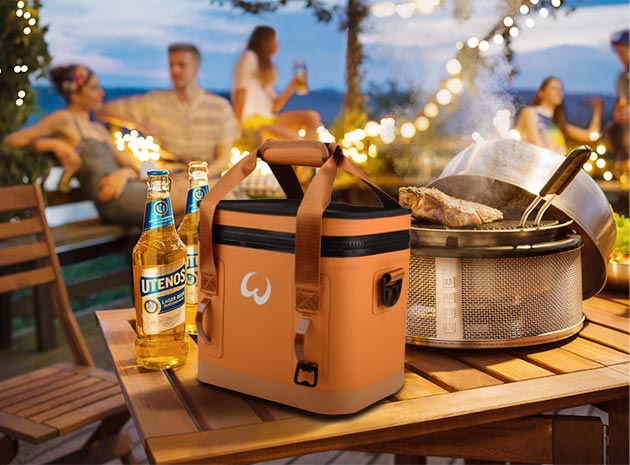
Research and Development Capabilities: Driving Customization and Innovation
In B2B contexts, R&D is the backbone of successful sea bag bulk order projects. Procurement teams often grapple with balancing cost-effectiveness and uniqueness, especially when catering to diverse client demands or internal branding needs. Weierken’s R&D framework is designed to mitigate these issues through targeted support.
Market Research and Design Support
Many businesses struggle with aligning product designs with market trends or target audience preferences. Weierken addresses this by conducting thorough market analysis, identifying shifts in material preferences (e.g., demand for lightweight, durable fabrics), and providing design mock-ups. For instance, a retail chain sourcing custom sea bags for a sustainability campaign might receive data-driven recommendations on eco-friendly materials, ensuring the final product resonates with consumer values while meeting corporate objectives.
Prototyping and Iteration
Rapid prototyping is critical for avoiding costly revisions post-production. Weierken’s iterative process involves creating physical samples based on client specifications, such as adjustable straps or waterproof compartments, and refining them through feedback loops. This minimizes the risk of bulk order rejections, a common pain point in high-volume procurement.
OEM and ODM Services
Whether clients require white-label solutions (OEM) or fully customized designs (ODM), Weierken’s flexible service model accommodates both. For example, a hospitality brand ordering sea bag bulk order for guest amenities can leverage ODM capabilities to integrate logo embroidery and unique color schemes, enhancing brand consistency without compromising on scalability.
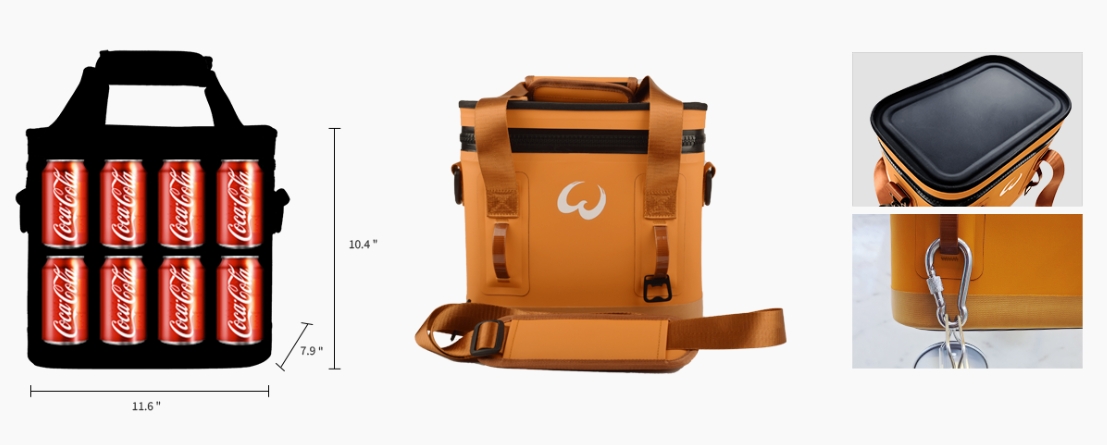
Environmental Compliance and Sustainability: Meeting Modern Standards
With increasing regulatory pressures and consumer awareness, environmental compliance is no longer optional. Procurement managers must verify suppliers’ adherence to global standards to avoid legal pitfalls and reputational damage. Weierken’s commitment to sustainability is evident in its certifications and material choices.
Material Innovations like RPET
The use of recycled materials, such as RPET (recycled polyethylene terephthalate), addresses both ecological concerns and client demands for greener products. In sea bag bulk order scenarios, RPET fabrics offer durability comparable to virgin polyester while reducing carbon footprint. Weierken integrates RPET into production lines, ensuring bags meet performance benchmarks for outdoor or marine use.
Certifications: REACH, BSCI, and GRS
Certifications like REACH (ensuring chemical safety), BSCI (auditing social compliance), and GRS (validating recycled content) are non-negotiable for ethical sourcing. Weierken maintains these credentials, providing audit trails that simplify due diligence for procurement teams. For instance, a corporate buyer prioritizing supply chain transparency can rely on BSCI reports to validate labor practices.
Sustainable Trends in Bulk Orders
The shift toward circular economy models means bulk order sea bags must be designed for longevity and recyclability. Weierken incorporates modular designs, such as detachable components, to extend product lifecycles—a key consideration for businesses aiming to reduce waste in promotional campaigns.
Lead Time and Production Capacity: Ensuring Timely Delivery
Delays in sea bag bulk order fulfillment can derail marketing launches or inventory replenishment. Weierken’s production infrastructure is built to handle fluctuations in demand, particularly during peak seasons.
Capacity and Peak Season Support
With automated cutting and stitching facilities, Weierken ramps up output for urgent bulk order sea bags, such as those needed for holiday promotions or event giveaways. The company’s capacity to produce over 50,000 units monthly mitigates the risk of stockouts, a frequent headache for procurement managers.
Delivery Cycles: 25–65 Days
Transparent timelines—ranging from 25 days for standard designs to 65 days for complex customizations—allow clients to plan logistics effectively. Weierken’s project management team provides regular updates, reducing uncertainties associated with international shipping and customs clearance.
Certifications and Quality Assurance: Building Trust
Certifications serve as proof of reliability in B2B partnerships. Weierken’s adherence to ISO 9001 (quality management), BSCI (social accountability), and FDA (for food-contact safety, if applicable) ensures that sea bag bulk order outputs meet rigorous standards. For example, a pharmaceutical company sourcing bags for sample distributions can trust FDA-compliant materials to prevent contamination risks.
Weierken’s integrated approach—combining R&D agility, environmental stewardship, and robust production—positions it as a strategic partner for sea bag bulk order projects. By addressing core procurement elements, businesses can streamline operations and achieve long-term value.
Frequently Asked Questions (FAQ)
Q1: What is the typical minimum order quantity (MOQ) for a sea bag bulk order with Weierken?
A1: Weierken’s MOQ starts at 500 units for standard designs, though customizations may require higher volumes. This flexibility allows small to mid-sized businesses to access cost-effective sourcing without overcommitting inventory.
Q2: How does Weierken handle quality control during bulk production?
A2: The company implements a multi-stage inspection process, including raw material checks, in-line audits, and pre-shipment testing. This ensures every sea bag bulk order meets specified dimensions, stitch quality, and material integrity.
Q3: Can Weierken accommodate urgent sea bag bulk orders during peak seasons?
A3: Yes, Weierken reserves capacity for rush orders, with expedited timelines as short as 25 days. Clients are advised to share forecast plans early to prioritize production slots.
Q4: What sustainable materials are available for custom sea bag bulk orders?
A4: Options include RPET, organic cotton, and GRS-certified fabrics. Weierken’s R&D team can guide clients on material selection based on durability, cost, and environmental impact.
Q5: Does Weierken provide OEM services for branding on sea bags?
A5: Absolutely. OEM services cover logo printing, embroidery, and tag customization. The team works closely with clients to ensure branding aligns with design guidelines without compromising functionality.
